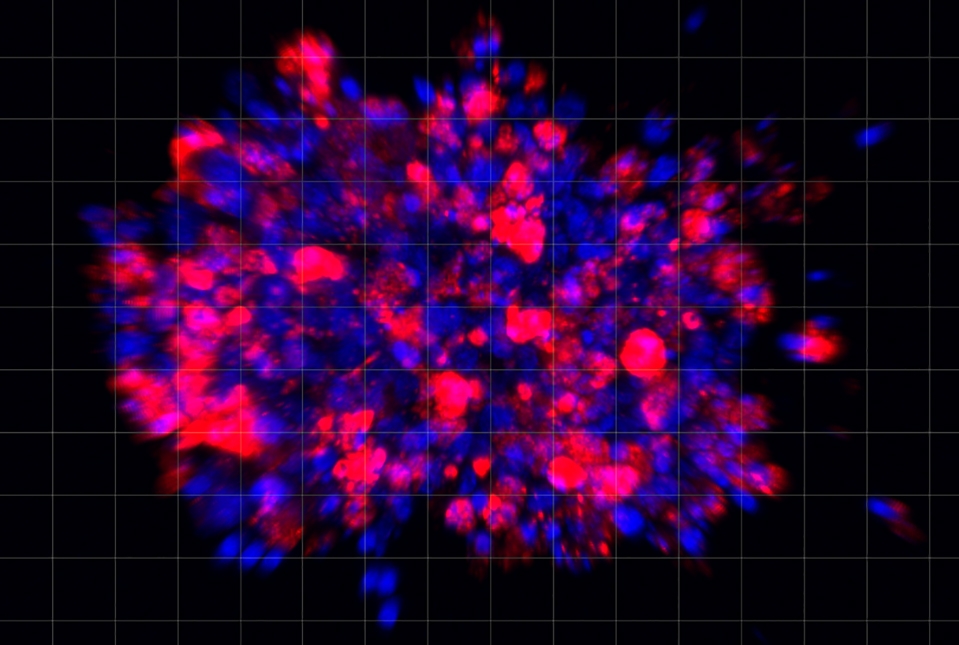By Joe Dangor – Mayo Clinic
ROCHESTER, Minn. — Researchers at Mayo Clinic Comprehensive Cancer Center have identified a gene marker that may lead to a more effective, precision treatment for pancreatic ductal adenocarcinoma (PDAC). The researcher’s findings are published in Nature Cancer.
“Pancreatic ductal adenocarcinoma is one of the most lethal cancers,” says the paper’s senior author Zhenkun Lou, Ph.D. Dr. Lou says while Poly-ADP-ribose-polymerase inhibitors (PARPi) are now an FDA-approved option for standard maintenance therapy for patients with metastatic PDAC who harbor pathogenic germline BRCA1/2 mutations, only about 10 percent of patients with PDAC harbor pathogenic mutations of the homologous recombination (HR) genes. “This leaves most patients missing out on this encouraging treatment strategy,” says Dr. Lou.
In this study, Dr. Lou and his colleagues found that the protein METTL16 may be a new biomarker for PARPi treatment, and that PDAC with elevated expression of METTL16, may benefit from PARPi treatment.




